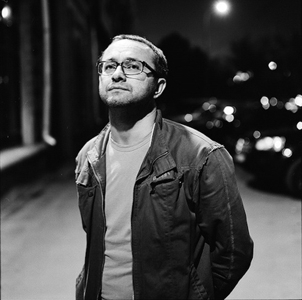Don't feel, just think about it
06/08/2012
It's a sneaky thing about movies. Put the camera on anyone for a long enough period, and that person will automatically become the viewer's sympathetic focus. In Elena, director Andrei Zvyagintsev manipulates this tendency in an unusual way. Sedately and methodically, he leads the audience to a point of view that turns out to be the complete opposite of his own.
The director does this by purposely making us care about the wrong characters - as a way of showing us the sheer seductiveness of really bad thinking. I suspect many people will walk out of Elena having been entertained and yet asking themselves, "But what was the point?" They'll be confused because they will feel one thing, but think something else.
Here's a tip: Don't feel. Think. Zvyagintsev wants you to come out of Elena thinking something, and if your realization is an uneasy one, that's OK with him.
The title character is a woman in late middle age (Nadezhda Markina), a former nurse who jumped up a few rungs on the socio-economic ladder by marrying a fairly wealthy man (Andrey Smirnov). Elena has a son by a previous marriage, and he is the opposite of her husband - he's lazy, he drinks, he's unemployed, and he can't support his wife and kids. Elena helps out by lending him money, but as she doesn't control any of her husband's wealth, her ability to help is limited.
Also in the picture is the husband's daughter by a previous marriage, Katya, the most arresting character in the film, in that we don't know quite what to make of her. Seen through Elena's eyes, Katya is a bad person - she's reckless and does drugs and is no better than Elena's waste of a son. Yet as played by Elena Lyadova (who has a movie star's poise), Katya's bitterness at least has the integrity of brutal honesty, and we get the hint - just a hint, we can't be sure - that this is a person of real quality.
So these are the personalities and the circumstances - nothing extraordinary, at least on the surface. But when an acute crisis intrudes, affecting all their lives, some remarkable events are set in motion. And the camera is there to record it, with a deadpan and impassive eye. There's no music to tell you what to think. It's just three good actors and one director's merciless powers of observation.
Mick LaSalle
"San Francisco Chronicle"
